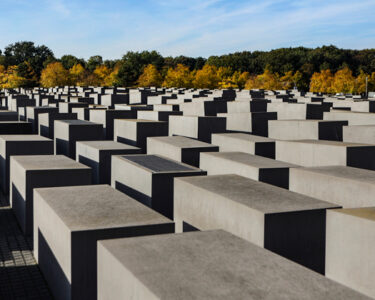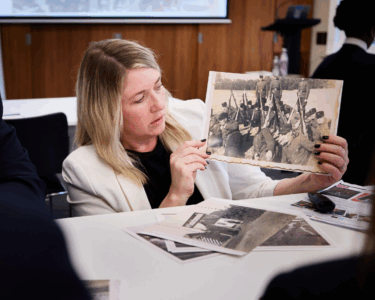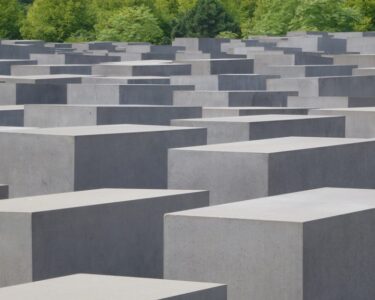November 9-10 marks the 84th anniversary of the November pogrom, which the German people soon called Kristallnacht – the ‘night of crystal’ or ‘broken glass’. Throughout the night of 9-10 November 1938, members of the Nazi party and other collaborators led a destructive campaign of violence against Jewish people and their communities.
During the night almost every synagogue in Germany was targeted for attack and more than 90 Jews were killed. Approximately 30,000 Jewish men were also publicly humiliated as they were arrested and transported to concentration camps at Buchenwald, Dachau and Sachsenhausen. At these camps Jews were subject to vicious assault and torture and as many as 1,000 subsequently died from the brutal treatment they received.
Kristallnacht was and is significant because it starkly demonstrated how far the Nazi government was willing to go to intimidate, attack and murder Jews. It also alerted the Nazi leadership to the reality that, despite some protests, most nations were not prepared to intervene to help Jewish people. Consequently, commemorating the November pogrom is vitally important today because it not only compels us to remember those who fell victim to persecution and murder, but it also serves as a poignant reminder of the devastating consequences of remaining silent and inactive in the face of antisemitism and political extremism.



